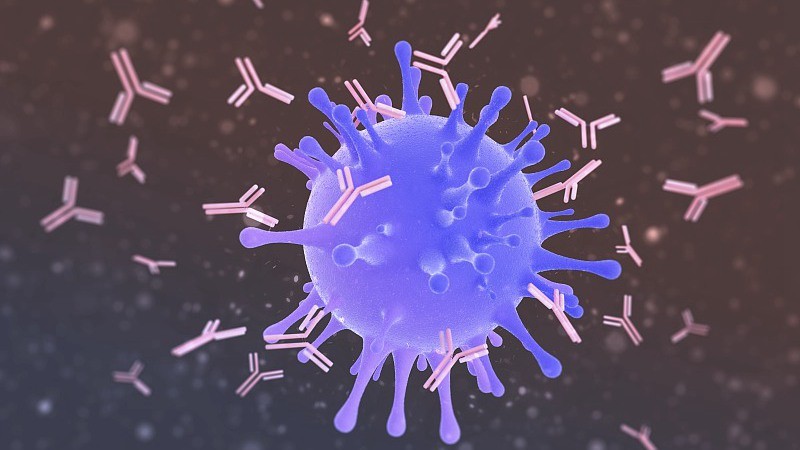
Months after recovering from mild cases of coronavirus, people still have immune cells in their body pumping out antibodies against the virus, and such cells could persist for a lifetime, according to a study published in the journal Nature on Monday. The researchers from Washington University School of Medicine in St.Louis, US, noted that such cells could persist for a lifetime, churning out antibodies all the while.
"Last fall, there were reports that antibodies wane quickly after infection with the virus that causes COVID-19, and mainstream media interpreted that to mean that immunity was not long-lived," said senior author of the study Ali Ellebedy, an associate professor at Washington University School of Medicine. "But that's a misinterpretation of the data. It's normal for antibody levels to go down after acute infection, but they don't go down to zero; they plateau," Ellebedy said.
The research team already had enrolled 77 participants who were giving blood samples at three-month intervals starting about a month after initial infection. Most participants were mild cases of COVID-19, and only six had been hospitalized.
A small population of antibody-producing cells, called long-lived plasma cells, migrate to the bone marrow and settle in, the researchers said. In the bone marrow, these cells continually secrete low levels of antibodies into the bloodstream to help guard against another encounter with the virus, they said.
Aleo vera: A remedy to all your problems
Children not at increased risk for severe COVID-19: Indian Academy of Pediatrics
Black fungus: Over a dozen hospitals treating black fungus cases in Delhi: Satyendar Jain